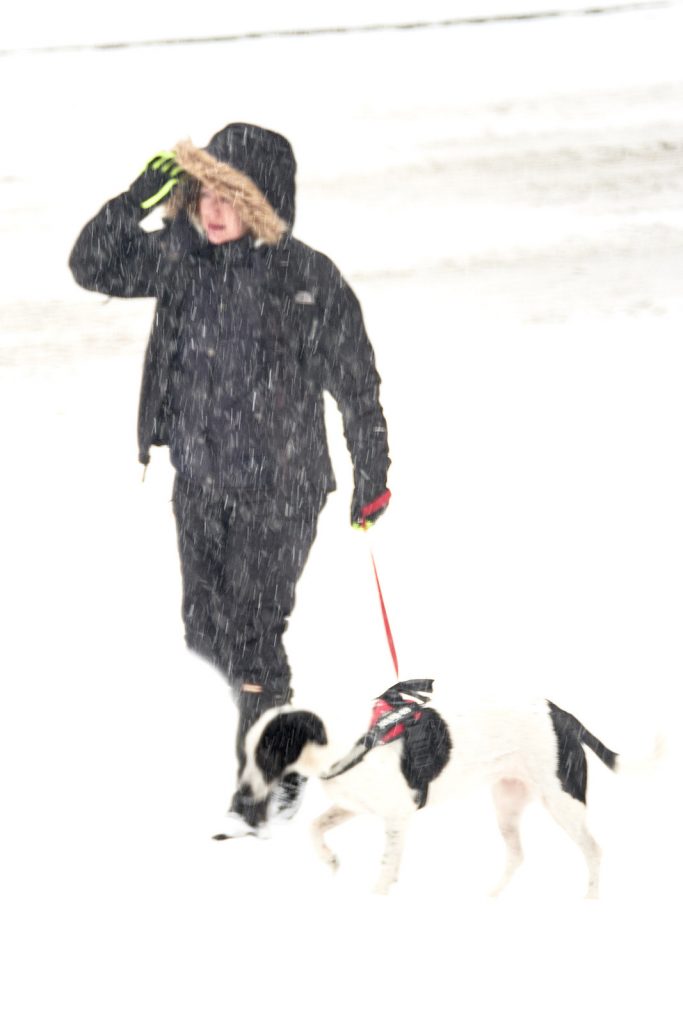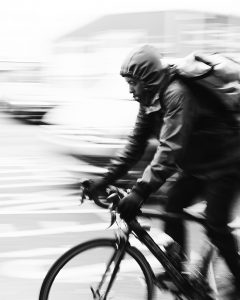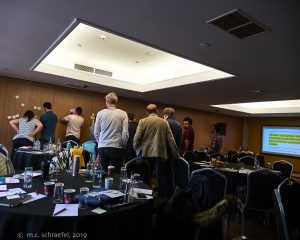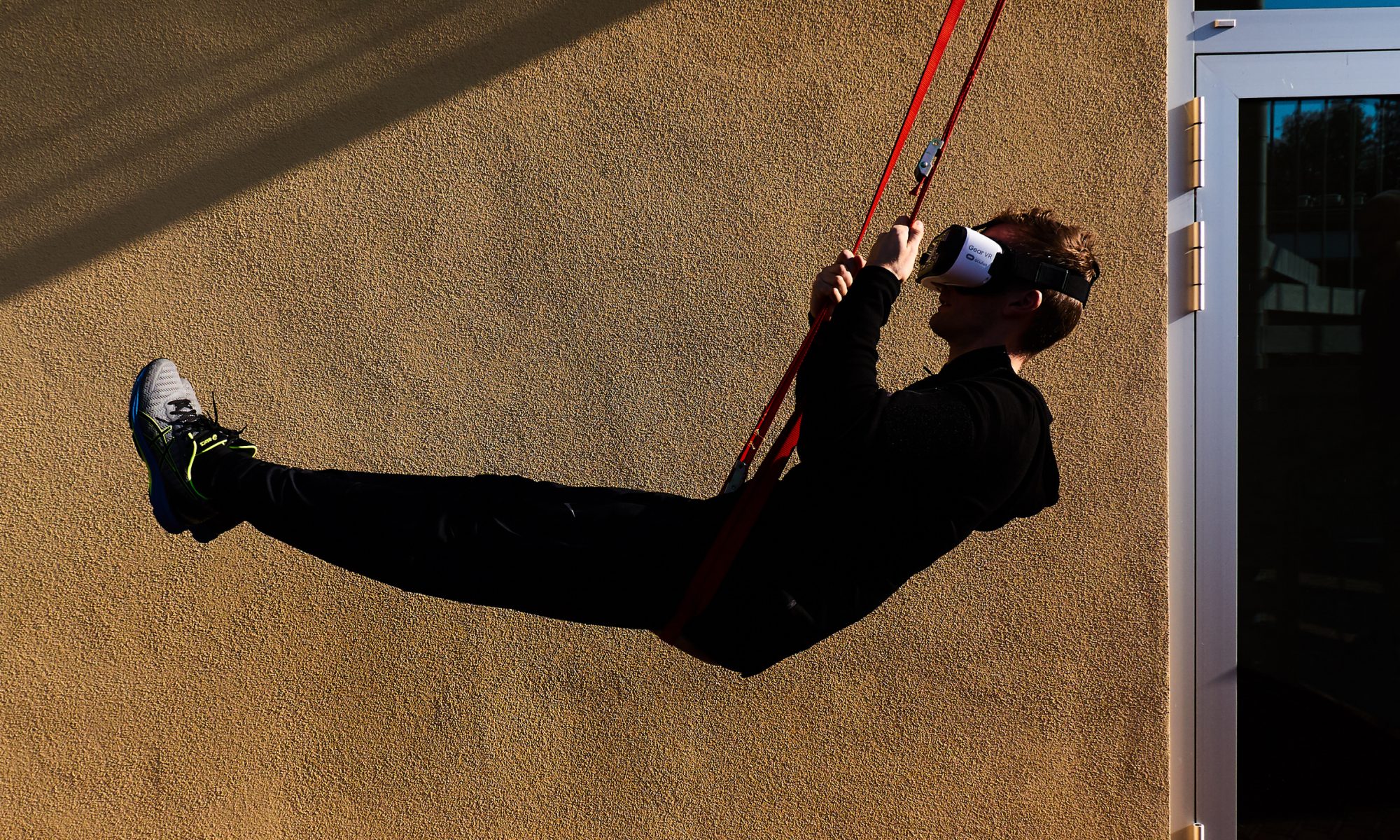Let’s get Uncomfortable! UBICOMP 2019 London
WORKSHOP UPDATES: SCHEDULE
If you indicated interest in the Workshop, you should have received a Slack invitation – if you haven’t, just email <uncomfortable at nopain2.org> – we’re already starting discussions there, so come on in.
The workshop will be OPEN at 9am Tues, to start 9:30. PLEASE BRING YOUR COMPUTERS – as we’ll be creating online shared docs as we go.
UNCOMFORTABLE PREP: Explore how NOT eating a little longer feels -We’ve explored cold showers. Check!
You may wish to explore discomfort design by pushing your eating schedule to have a longer overnight fast – try stopping intake so that you can have 13 hours without eating. There are a lot of nice clinical benefits from this. To feel as confident as possible prior to the attempt: go for whole food – especially greens and good proteins (legumes, mushrooms, for example) – fruits are good too – dark ones especially – as they take longer to digest so satiety stays up longer.
Will be keen to hear of your experiences. See you Tuesday AM.
Discomfort Design Challenge 1 posted: Cold Showers R US – and why
New POSITION PAPER DEADLINE: JULY 23 (see below)

If you are interested in either sustainability or health or both, this workshop is very much for you: come get uncomfortable with us.
Join us for the first ever Uncomfortable Workshop, part of UBICOMP 2019 in London Sept 9-13
THis is, to the best of our knowledge, the first HCI/Pervasive workshop to consider the concept of what we might call “discomfort design” – leverating human discomfort deliberately as a design component, particularly with an eye to the side effects of discomfort around both health and sustainability.
Being Uncomfortable – from time to time – is not just good for us, it’s how we’re wired to learn and to be health resilient creatures – so why not embrace discomfort in our designs? Reasons?
- working with this discomfort has keen effects on our physical, mental and cognitive wellbeing and performance
- working with this discomfort has multiple positive side effects to enhance sustainability.
For example:
- being a little cooler than the standard 22C office can both save energy and improve physiological performance.
- being a little hotter (like traditions and practices from sweat lodges to finnish saunas) seems to have profound effects on cognition wellbeing and longevity
- Fasting for certain periods not only has significant benefits around wellbeing and longevity, it has knock on effects for energy/food production.
These are just a few examples. of a connexion between the health and sustainability domains: that we are wired to thrive by engaging in cycles of various kinds of discomfort, including thermal discomfort, hunger, social discomfort, fatigue to name a few. Consider improving at any skill: deliberate practice for example includes a focus not on the easy but the challenging parts of the skill – like a muscian working through the challenging parts of a piece; the math student working throught the challenging bits of a quadratic with practice practice practice; an athlete going for that one more rep than the day before – that is not easy or fun.
Our question in Discomfort Design: How do we design interactive tech to support / help INDIVIDUALS and GROUPS explore/use discomfort for personal benefit and social good?
Read on!
Our guiding question for this workshop are:
How can we design ubiquitous technology for a lifetime of deliberate cycles of USEFUL, BRILLIANCE BUILDING, sustainability supporting, effective discomfort: that is, how do we design interactive tech to prepare, practice and perform discomfort, brilliantly and perhaps especially when under pressure (that’s pretty often uncomfortable, eh)?
Examples OF UNCOMFORTABLE DESIGN CHALLENGES:
 BIKING TO WORK IN MUCKY WEATHER: Sustainability/Health interaction
BIKING TO WORK IN MUCKY WEATHER: Sustainability/Health interaction
if the goal is to bike to work in the UK rainy cold winters, to spend 30 mins a little chillier than usual, how might a system help a person prepare for that morning’s outing?
- What on the calendar could be cleared by when?
- Is route planning needed?
- A reminder the night before to lay out the rainwear ahead of time?
- Do the lunch making when?
- Where is the friction to discomfort?
NOT EATING FROM TIME TO TIME: Sustainability/Health interaction
Fasting is showing benefits from an anti aging to improving concentration, to a host of benefits in between.
Eating less, at least from time to time, also means less consumption.
Eating less processed foods (generally also more packaging here than whole foods) also means better satiety for longer, so again, potnentially reducing consumption.
To explore fasting even just overnight for 13 hours, how would an interactive system help practice more whole-foodism towards intermittent fasting cycles? Thus improving nutrient availability and reducing work and energy costs of more prepared foods, while improving health and wellbeing?
What other kinds of discomfort can we explore that have health and sustainability positive side effects?
Help us build up this uncomfortable design space with fun publication and co-design participation opportunities.
NEW DATES — TO SUBMIT DISCOMFORT
—-
We invite you to submit BY JULY 23 – a short position paper or a pictorial using the ACM SIGCHI extended abstract in relation to one of the challenges below or tell us your thoughts in relation to:
How can we design ubiquitous technology for a lifetime of deliberate cycles of USEFUL, BRILLIANCE BUILDING, sustainability supporting, effective discomfort: that is, how do we design interactive tech to prepare, practice and perform discomfort, brilliantly and perhaps especially when under pressure (that’s pretty often uncomfortable, eh)?
The NEW open workshop date is OPEN until the week before early bird registration for the conference closes – THAT IS TUES JULY 23 for your papers – we’ll turn them around in a week for you in case you need something official to say you are presenting at a workshop and give you time to get registered for the early bird rates..
WORKSHOP PROCESS – CO-DESIGN and IDEA ITERATION
We will use Design Jams as a key activity to explore and build up this Uncomfortable Design Methodology.

Some interesting RESEARCH related to Discomfort Design:
FASTING
Exercise (sometimes an effort, eh?) and fasting (not always easy to deliberately feel hungry) have big ol’ cognitive benefits – for life.
Meal Timing (shortening the window around when we start and stop eating for the day – 8 hours anyone?) has effects on our internal clocks – which relates to how we process glucose (sugar in the blood stream) and that relates to body composition.
THERMAL WORK
Heat and Cold – thermal discomfort as useful – a bit of an overivew.
Getting Cold AND Exercise – really good for activating systems in the body to keep us healthy – get to know your Brown Fat.
Heat Use, Brain and Depression. Not a stuffy room, but using saunas and similar – getting what some find uncomfortably warm for a short period – may have anti-inflmmatory effects that help with cognitive processisng and reducing depression.
And some long term evidence around longevity with thermal discomfort (79C, 20min, eg Finnish Saunas)
KEEP YOUR EYES ON THIS PAGE:
WE will be posting ideas for how to get practice to get uncomfortable before the workshop.
KEY DATES: JUNE 14 submissions for consideration for the ACM Digital Library
ORGANISERS
m.c. schraefel, uk – Adrian Friday, also UK – Scott Bateman, Canada (the true home of Hockey) – Josh Andres, Australia
Submissions email: uncomfortable2019 at gmail.com
This workshop acknowledges support from the EPSRC ReFresh Project, and the EPSRC GetAMoveOn Network+
